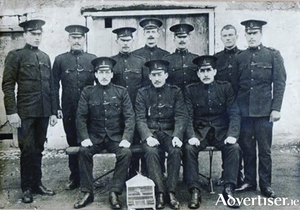Search Results for 'Holy Week'
8 results found.
Music for Good Friday at St Nicholas’
Music for Galway teams up with Mark Duley once again to present Membra Jesu Nostri a concert to mark Good Friday, which this year falls on April 15. It features the vocal ensemble RESURGAM and takes place at 5.00pm in St. Nicholas’ Church, Galway.
MacNeill feared a bloodbath if unarmed Volunteers came out
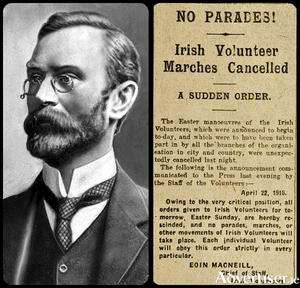
‘How did the Germans receive our plans? With polite incredulity’…..wrote Liam Ó Briain, the Galway professor who took part in the 1916 Rising, ‘ignorant of Ireland they viewed us as forlorn visionaries, and even doubted whether we would be rash enough to challenge the armed might of England’.
Looking forward to the winter of our discontent made glorious summer
Hello to all the Advertiser readers.
‘Ireland won’t lose its sense of community, we will bounce back’
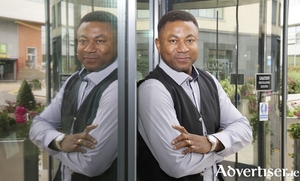
The biggest loss people are finding during the lockdown is the loss of social, face to face, contact - meeting a friend for coffee, giving someone a hug, going to a gig or to the cinema - but to endure all this, when you are also suffering bereavement, is by any stretch, a double blow and a heavy burden.
Reflections on the past: The Good Friday Agreement
I am writing this column in the week of the 20th anniversary of the Good Friday Agreement, signed in Belfast on April 10, 1998.
Remembering Devon Place from afar
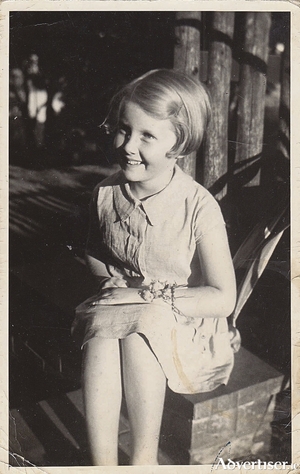
SHEILAH MORRIS (now Cangley) was born in Livingstone, Northern Rhodesia (now Zambia) in 1928. Her father, who was born in Galway, had been recruited in London in 1920 to join the Veterinary Department of the Civil Service in Northern Rhodesia. He married a Galway girl, and they both moved to Mazabuka, where he worked at a veterinary research station. Now in her eighties and living in Australia, Sheilah recalls her childhood memories of Galway in the 1930s.
Mícheál Ó Droighneáin, 1916 veteran
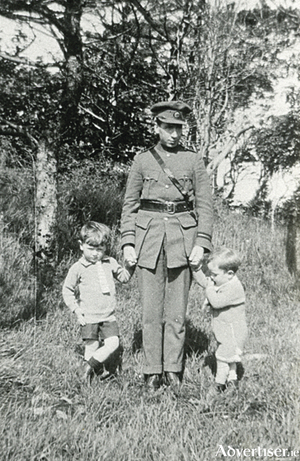
Mícheál Ó Droighneáin was born in Spiddal. He left school when he was 14 and got a job in McCambridge’s for 6d a week. Lady Killanin convinced him to go back to school and he became a monitor, went on to training college in Dublin, and it was there he became a Nationalist. “I became a member of the IRB towards the end of 1910 when I was teaching in Dublin [from August 1910 to January 1913]. Then I came to my native place, teaching in Spiddal for one year and then coming to Furbo.”
